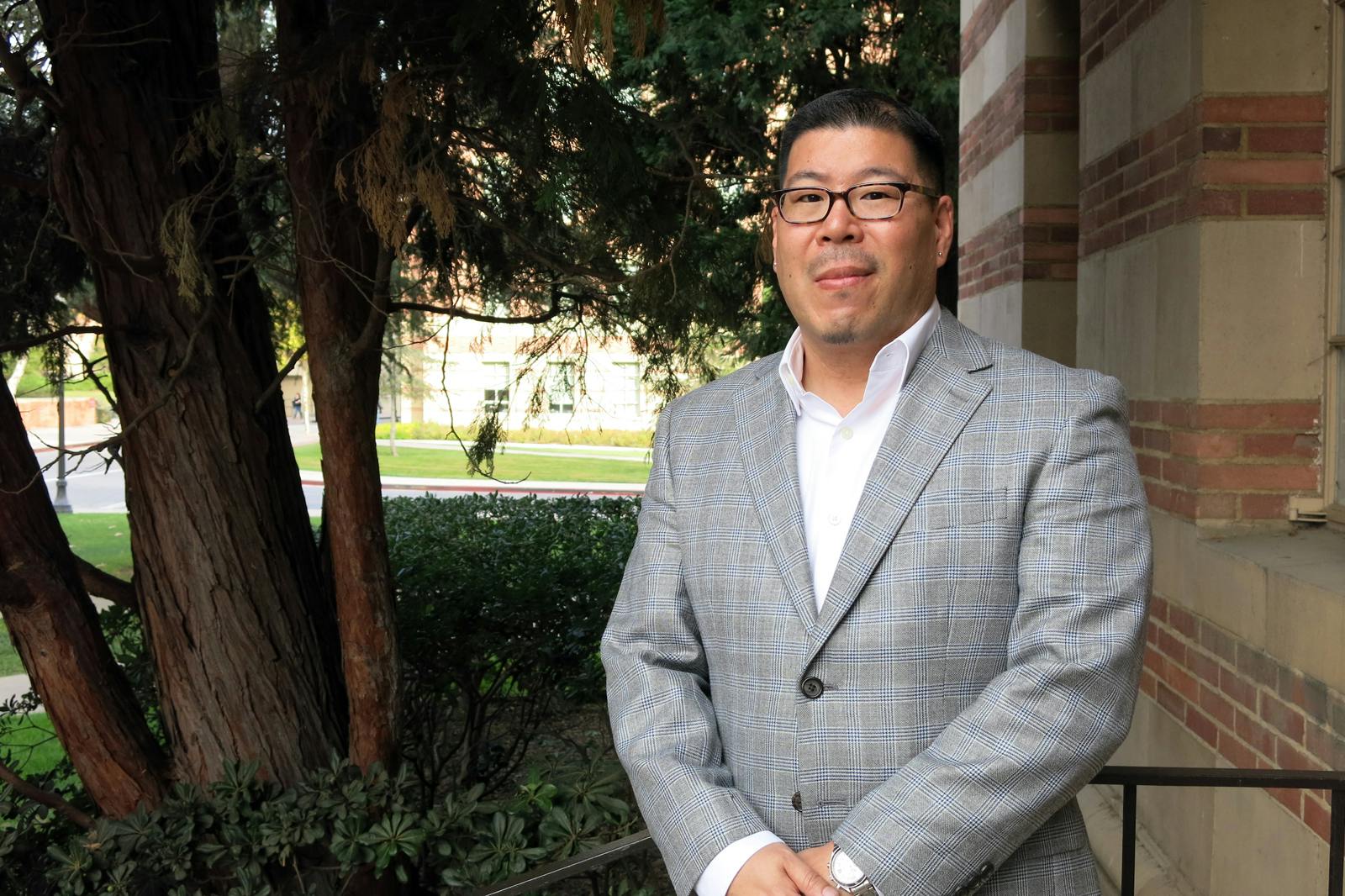Robert T. Teranishi was nominated to the National Board for Education Sciences this week by President Obama, and will serve as one of 15 voting members of the Board, which is the governing body of the Institute of Education Sciences (IES) at the U.S. Department of Education. As such, Teranishi and his fellow board members will work closely with the Director of IES, each of the four Commissioners of the National Education Centers, the Director of the National Institute of Child Health and Human Development, the Director of the Census, the Commissioner of Labor Statistics, and the Director of the National Science Foundation.
A leading researcher in access and equity for minority students, particularly those from Asian American and Pacific Islander populations, Professor Teranishi says that he looks forward to working with IES to “improve the ways in which data can better inform the work of policymakers, practitioners, and the research community. It is an honor and privilege to serve in this role and inform the work of the Institute of Education Sciences.”
“I applaud President Obama’s appointment of Robert Teranishi to the Board of Directors of the National Board for Education Sciences,” says UCLA Ed & IS Dean Marcelo Suárez-Orozco. “In his statement the President said, ‘I am confident that these experienced and hardworking individuals will help us tackle the important challenges facing America, and I am grateful for their service. I look forward to working with them.’ Amen! Robert is a brilliant scholar, a engaged citizen, and a wise, compassionate and humane individual who will serve with distinction and grace in this important role.”
Professor Teranishi and the board members will work largely with the IES Director, advising on general areas of research to be carried out by the National Center for Education Research and presenting recommendations for strengthening education research and the funding of IES. In addition, the Board recommends ways to enhance strategic partnerships among other federal and state research agencies and is responsible for regularly evaluating the work of IES, ensuring that its research, development, evaluation, and statistical analyses are consistent with the standards set out in the Education Sciences Reform Act, and that activities of the Institute are objective, secular, neutral, non-ideological, and free of partisan influence and racial, cultural, gender, or regional bias.
Prior to arriving at UCLA, Teranishi was an Associate Professor of Higher Education at the Steinhardt School of Culture, Education, and Human Development at New York University (NYU), co-director for the Institute for Globalization and Education in Metropolitan Settings, and a faculty affiliate with the Steinhardt Institute for Higher Education Policy. He was appointed Professor of Education at UCLA’s Graduate School of Education and Information Studies, and was awarded the inaugural Morgan and Helen Chu Chair in Asian American Studies at UCLA in Fall of 2013.
A renowned expert on the stratification of college opportunity and the rapidly growing Asian American and Pacific Islander (AAPI) population in the United States, Teranishi was appointed in 2011 to the U.S. Department of Education’s Equity and Excellence Commission by U.S. Secretary of Education Arne Duncan. In 2010 -12 he was a strategic planning and restructuring consultant for the Ford Foundation. Teranishi currently serves as co-director of the Institute for Immigrant Children, Youth, and Families, with Professor Carola Suárez-Orozco and Dean Suárez-Orozco.
Teranishi received his Ph.D. in 2001 from UCLA. He received the 2010 Martin Luther King, Jr. Faculty Award from NYU and was named one of the nation’s top up-and-coming leaders by Diverse Issues in Higher Education. He is also the recent recipient of the Bonita C. Jacobs award from the National Institute for the Study of Transfer Students. His most recent book is “Asians in the Ivory Tower: Dilemmas of Racial Inequality in American Higher Education” (Teachers College Press, 2010).
